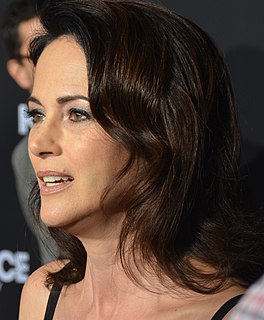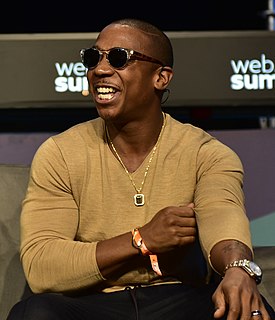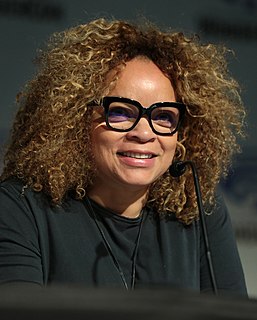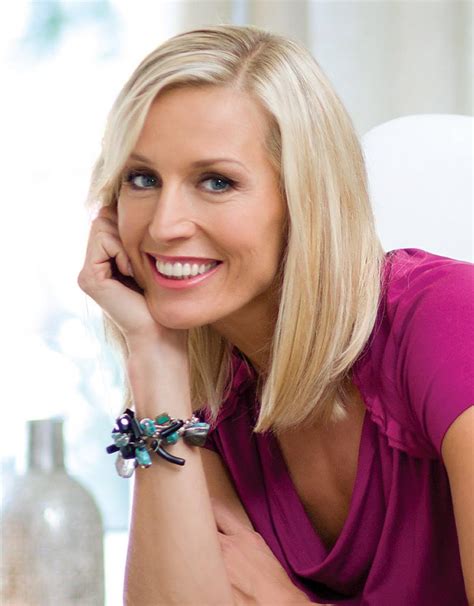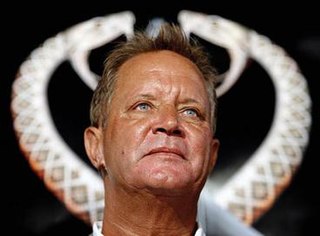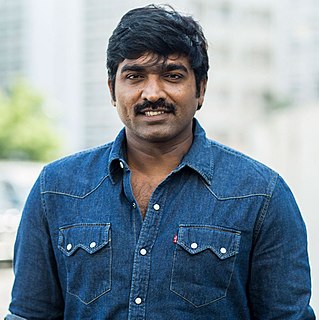A Quote by Rachel Morrison
Lighting practically whenever I can when shooting period really helps with authenticity.
Quote Topics
Related Quotes
For us as writers, it's really important to have songs we believe in - even before sometimes we shoot a scene. If we have a song that's so perfectly designed for a scene on 'Rescue Me,' we'll play it on loud speakers during the shooting. It helps the cameraman and it helps the director, and it helps the actors know what the feel is.
It's a practice for me every day, sometimes every hour of every day. It is an absolute practice. When I went into the research, I really thought that there are authentic people and inauthentic people, period. What I found is, there people who practice authenticity and people who don't. The people who practice authenticity work their ass off at it.
You know, whenever you're shooting a film there's different obstacles and challenges, whether it be from the makeup artist getting fired that you liked or whatever - the one that did the makeup the way you wanted. There's always stuff that changed, like the DP leaving the set, and there's a new guy in there, and the way he does lighting isn't the same as the last guy.
I begin with understanding the intentions of the story. That helps me to zero in. Then I gather research for each individual character and analyze the time period with comparisons to the figure and the facial structure. It helps to be comfortable with computers because the massive amount of research is kept electronically and shared with my staff this way. Very little is printed out. I work with an illustrator to come up with the proper silhouettes and details of the clothing from the time period to time period. And on and on.
When you are shooting over a period of six months, you tend to forget how dark or bright it was. And when you are using different technologies, having a look book helps during the final grading of the film. So you can design what the film is going to look like even before the colouring process begins.




